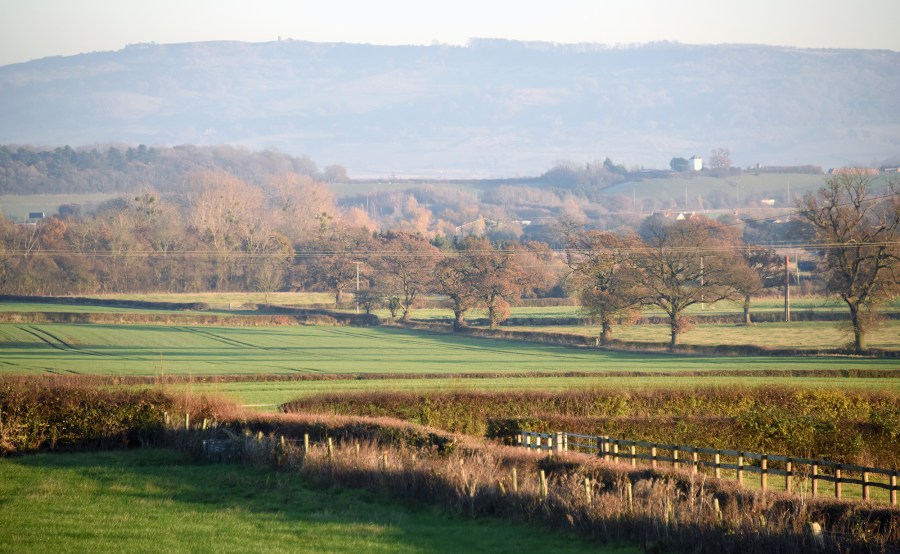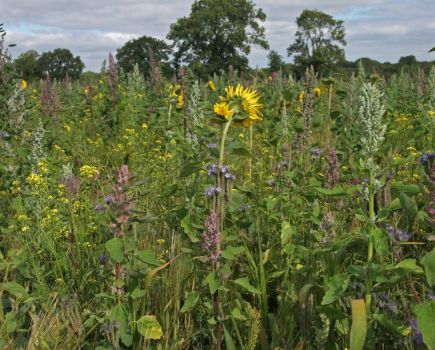The Government has announced its plans to reduce administrative burdens for farmers to enable them to focus on delivering environmental outcomes and transitioning to the new ELM scheme. Charlotte Cunningham reports.
Farmers in England are set to benefit from a reduced administrative burden next year, as the government plans to end the need to comply with the EU-delivered so-called greening requirements and begin the move towards our new Environmental Land Management scheme, which will deliver greater benefits for the environment.
The European Commission’s EFA greening requirements for Direct Payments have required farmers to carry out specified practices in order to qualify for additional payments. These requirements have historically delivered little for the environment, as was documented in the European Court of Auditors 2017 Special Report on greening.
Under government plans to simplify the Basic Payment Scheme (BPS) and cut red tape faced by farmers during the agricultural transition period, farmers will have a reduced administrative burden and will no longer have to comply with the so called greening requirements with effect from the 2021 scheme year, according to Defra.
These changes will not affect the overall payment received by each farmer as the money will instead be added to farmers’ entitlements under the Basic Payment Scheme.
Public goods
The agricultural transition period will last for seven years and see Direct Payments to farmers in England phased out and replaced with a new system that rewards farmers for delivering public goods, such as tree or hedge planting, river management to mitigate flooding, and creating or restoring habitats for wildlife.
The new Environmental Land Management scheme, expected to be rolled out in late 2024, will introduce new ways of working together with farmers to deliver better environmental outcomes and reverse the decline of some of our most cherished species.
“The so-called greening requirements have added little to our environmental efforts,” says environment secretary, George Eustice. “We believe that farmers will benefit from this reduced bureaucratic burden next year as we begin the move towards our new Environmental Land Management scheme which will deliver greater benefits for the environment.
“We will be setting out more detail in the autumn on how we will ensure a smooth transition for our farmers, as they move towards our new, fairer agricultural system, which will reward them for the hard work that they do to protect our environment.”
Time to adapt
The planned phasing out of Direct Payments will take place gradually to give farmers the time to adapt to the changes. In the majority of cases, the gradual reduction in these payments will be offset by alternative support being made available to help farmers improve their productivity and aid their transition into the new Environmental Land Management scheme.
Farmers will also continue to be able to apply to Countryside Stewardship schemes until the future scheme is rolled out.
The national conversation around the future Environmental Land Management scheme is open until July 31, with farmers warmly invited to share their views on a policy discussion document available on CitizenSpace.
Further details on plans for the agricultural transition period will be set out in Autumn 2020.




